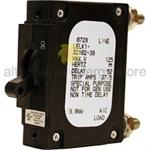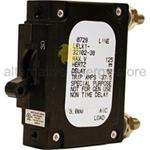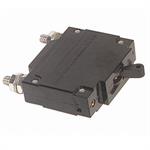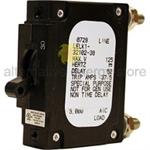|
|
Home > Wire, Cable & Connectors
Wire, Cable & Connectors
Thereare two different ways to complete the solar wiring of solar panels. The first is parallel solar wiring; the second is series solar wiring. Both will work, but they have significant differences.
Parallel solar wiring is the type of wiring that connects positive terminals to positive terminals and negatives ones to other negatives. With this type of solar wiring, the voltage remains the same, but the amperage is the sum of how many panels are connected (this means adding the amps of all of the panels).
For example, if you have three 12 volt/ 3.5 amp panels, and you use parallel solar wiring, then you will end up with 12 volts at 10.5 amps. If you have five of these panels, you will produce 12 volts at 17.5 amps.
Series solar wiring, on the other hand, is when the positive terminal of one panel is connected to the negative terminal of another. With this type of solar wiring, the voltage equals the sum of those two panels, and you do not add the amperage together. Rather, the amperage is the same as one panel.
In other words, three 12 volt/3.5 amp panels that were connected by series solar wiring would create 36 volts at 3.5 amps. Five 12 volt/3.5 amp panels wired together in series form would create 60 volts at 3.5 amps.
So, depending on the type of solar wiring being used, you can increase your voltage and/or your amperage. You can use series/parallel solar wiring to increase both. If you had a 48 volt system that you needed to match, you could achieve that voltage by using series wiring.
Either technique requires selecting the correct type and size wire to use. This will enhance the performance and reliability of your PV system. Several different types of wire are available depending on how and where it will be used. Some wires are designed to resist sunlight exposure, high temperatures and direct burial. It is essential to select wiring that will withstand the worst conditions. The size of the wire is also important and must be large enough to carry the maximum current expected without unnecessary voltage losses or inefficiencies.

Regular Price: $9.99
ONLY: $6.50
|
|
|

Regular Price: $21.93
ONLY: $14.21
|

Regular Price: $32.97
ONLY: $19.85
|

Regular Price: $32.97
ONLY: $19.85
|

Regular Price: $31.17
ONLY: $19.85
|

Regular Price: $32.97
ONLY: $19.85
|

Regular Price: $35.41
ONLY: $26.38
|

Regular Price: $42.17
ONLY: $32.44
|
|
|
|
|

Regular Price: $84.42
ONLY: $64.94
|
|
|
|
|
|
|
|